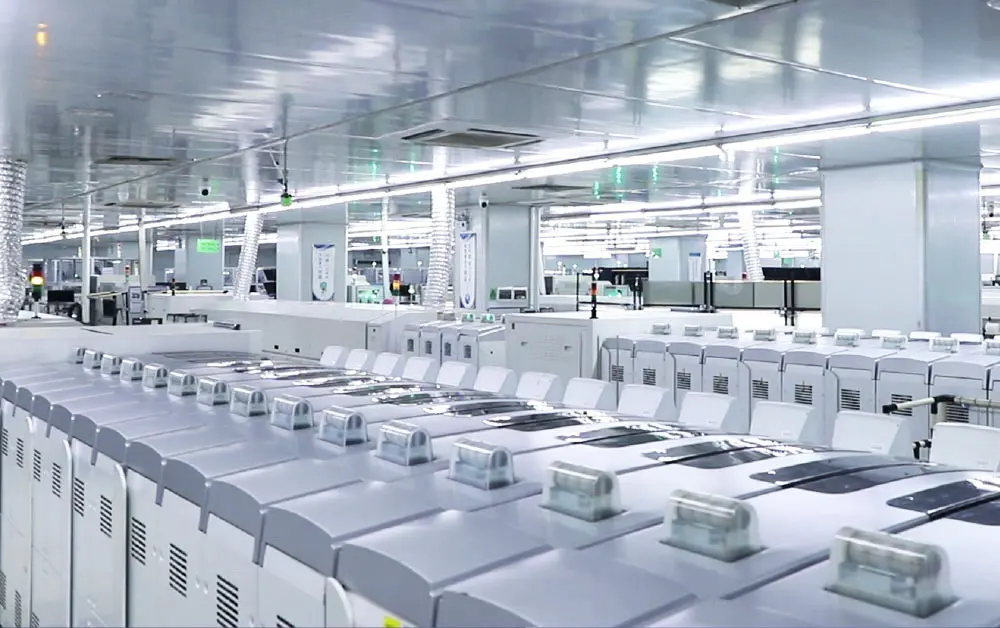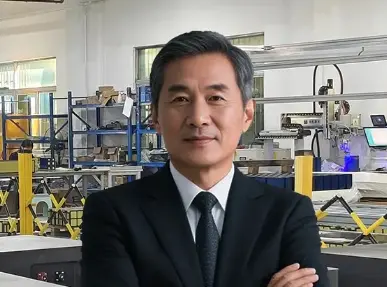
In the rapidly evolving landscape of renewable energy, solar inverter manufacturers hold a crucial position. Solar inverters, often regarded as the “brains” of a solar power system, are responsible for converting the direct current (DC) electricity generated by solar panels into alternating current (AC), which can be used by household appliances and fed into the electrical grid. As the world intensifies its focus on sustainable energy solutions, the demand for efficient and reliable solar inverters has surged. This article explores the significance of solar inverters and the impact of their manufacturers on the renewable energy sector.
The Importance of Solar Inverters
Solar inverters are indispensable components in any solar power installation. Their primary function is to convert DC electricity produced by solar panels into AC electricity, making it compatible with the existing power grid and usable by standard electrical devices. Beyond this basic function, modern solar inverters offer several advanced features that enhance the overall efficiency and reliability of solar power systems:
- Maximum Power Point Tracking (MPPT): MPPT technology ensures that solar panels operate at their optimal power output, maximizing the energy harvested from sunlight.
- Grid Interaction: Solar inverters synchronize the solar power system with the electrical grid, allowing excess energy to be exported or additional power to be imported when needed.
- Monitoring and Diagnostics: Many inverters come equipped with real-time monitoring capabilities, enabling users to track system performance, detect faults, and perform maintenance efficiently.
- Safety Functions: Inverters include safety mechanisms such as anti-islanding protection, which prevents the inverter from feeding power into the grid during a blackout, ensuring the safety of utility workers.
Key Trends and Innovations
The solar inverter industry is characterized by continuous innovation, driven by technological advancements and evolving market demands. Some notable trends and innovations include:
- Smart Inverters: These inverters incorporate advanced digital technologies, allowing for remote monitoring, predictive maintenance, and enhanced grid-support functionalities. Smart inverters improve the resilience and efficiency of solar power systems.
- Hybrid Inverters: Capable of managing multiple power sources, including solar panels, batteries, and the grid, hybrid inverters facilitate better energy management and storage solutions. They enable users to store excess energy for later use, enhancing self-consumption and reducing reliance on the grid.
- Increased Efficiency: Ongoing improvements in inverter design and materials have led to higher conversion efficiencies, reducing energy losses and maximizing the power output from solar installations.
- Sustainability: With an increasing emphasis on environmental impact, manufacturers are focusing on creating inverters that are not only efficient but also built using sustainable materials and processes. This aligns with the broader goals of reducing carbon footprints and promoting eco-friendly practices.
Challenges Faced by Solar Inverter Manufacturers
Despite the promising advancements, solar inverter manufacturers face several challenges that require ongoing attention and innovation:
- Cost Reduction: While the cost of solar inverters has decreased over the years, further reductions are necessary to make solar power more accessible and competitive with traditional energy sources.
- Reliability and Durability: Ensuring long-term reliability and durability in diverse environmental conditions is crucial for maintaining the performance and appeal of solar power systems.
- Grid Integration: As solar power penetration increases, inverters must adapt to more complex grid requirements and regulations, ensuring stable and safe integration with existing infrastructure.
- Cybersecurity: With the rise of smart inverters and connected systems, protecting against cyber threats has become a significant concern. Manufacturers need to implement robust cybersecurity measures to safeguard both the inverters and the broader power grid.
Solar inverter manufacturers play a vital role in the transition towards renewable energy, providing the essential technology needed to harness solar power effectively. By continuously innovating and addressing key challenges, these manufacturers contribute significantly to the advancement of solar energy systems. As the global community increasingly adopts sustainable energy solutions, the importance of high-quality, efficient, and reliable solar inverters will only continue to grow, shaping a cleaner and greener future for all.




